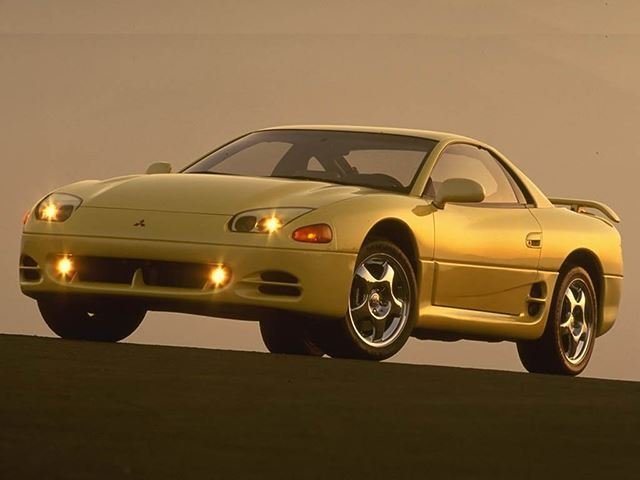5 Cars Prove That Rebadging Isn't Always A Terrible Mess

Rather than just build a new car, an automaker can partner with another company to put their badges on one of their cars. Sometimes, this can have some pretty horrendous results like the Volkswagen Routan, which was really just a Chrysler Town and Country except for a few badges.
Sometimes badge engineering isn't all bad. MotorTrend recently tested the Infiniti QX30 which is really just a rebadged Mercedes GLA. This made us think, are there any other really cool rebadged cars from history? There were plenty of bad ones, which could make their own series, but here are five rebadged cars that we like.


We may have to refresh you memory on the Opel Speedster. The Speedster went by many names. In the UK, it was known as the Vauxhall VX220 and in Asian markets it was called the Daewoo Speedster. The US never received a GM-version of this car, but we did get the car it was based on, the Lotus Elise. GM built versions of this car from 2000 to 2005 with either a 2.2-liter four-cylinder with 145 horsepower or a turbocharged 2.0-liter version with 197 hp. The partnership was formed between Lotus and GM in 1999 to help replace the original Elise. In return, GM was able to sell its own version of the sports car in several markets.

The 1990s was an excellent time for carmakers to build rebadged versions of cars, because the internet wasn't as prominent for fan boys to complain about it. The Mitsubishi GTO was a sports car that was built from 1990 to 2001. When it was exported, the name was changed to GT3000 and Dodge had its own version called the Stealth. The car was Mitsubishi's answer to the Nissan Skyline in Japan, the 300ZX in the US, and the Toyota Supra everywhere else. The car was available with several V6 engines, the best of which were the 3.0 24V V6 with 223 hp and the twin-turbocharged version with 320 hp. These numbers were right in line with the Japanese competition at the time.

If you love cars, the Toyota 86 and Subaru BRZ should need no introduction. The Toyobaru twins, as they have come to be known, are RWD sports cars that were codeveloped by Subaru and Toyota. The cars were meant to be the spiritual successor to the AE86 and offer buyers an affordable RWD sports car that isn't a Miata. The car was also known as the Scion FR-S, but when the Scion brand was retired, Toyota rebadged the car as the 86. Both cars come with a Subaru-sourced 2.0-liter flat four that now makes 205 hp. People may complain that the car doesn't make enough power, but the Toyobaru twins were highly praised for having excellent steering feel that could match six-figure sports cars.

One of our favorite quirky, rebadged cars was the Saab 9-2X. We covered it in our guide to buying an old Saab, but it certainly deserves a spot on this list for being so cool. It may have been a GM product, but the 9-2X was actually a rebadged Subaru Impreza. The base car came with a 2.5-liter naturally aspirated EJ253 with 173 hp. The more expensive Aero trim came with a 2.0-liter turbocharged WRX engine with 230 hp. We suggested buying the Saab version rather than a WRX because it would be a better sleeper car that no one would recognize, and the Saab owners didn't really beat up their cars as much as WRX drivers tended to do.

We started this piece with a Nissan and Mercedes partnership, so it's only fitting that we end on the same note. The Infiniti QX30 is not the only Nissan and Mercedes partnership car that you will be able to buy soon. The Mercedes X-Class pickup truck was just announced, and we already cannot wait to see it in full production. The X-Class will share its platform with the Nissan Navara, but Mercedes will have to do a fair bit of engineering to make sure it's luxurious enough. The QX30 was a nice tease of what we can expect from the Nissan and Mercedes partnership in the future.


